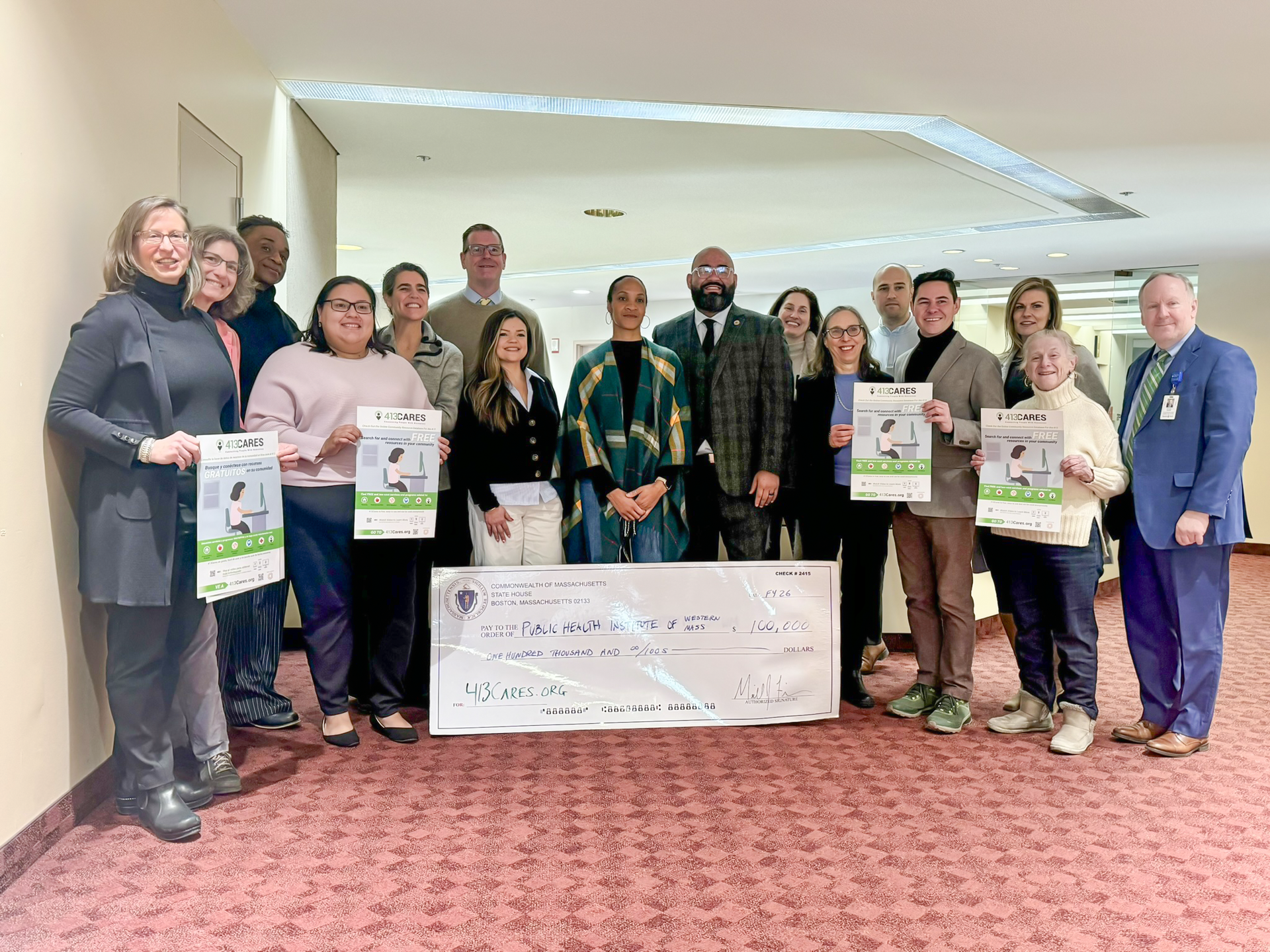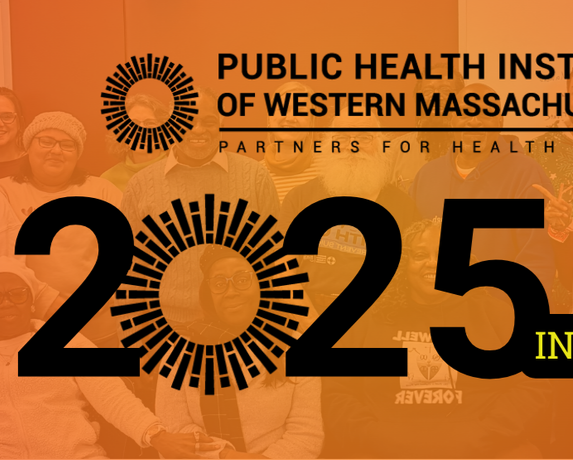COVID-19 Deaths in Western MA Long-Term Care Facilities COVID-19 Deaths in Western MA Long-Term Care Facilities
In addition to the daily COVID-19 Dashboard, the Massachusetts Department of Public Health also releases a Weekly Public Health Report that consists of more granular information, including city/town-level data, cases and deaths in long-term care facilities, and more.
As of June 10, 2020, COVID-19 deaths in long-term care facilities accounted for 60% of total deaths in Western MA, with variation from county to county (see table below). This is similar to the rate statewide, where 63% (4671/7454) of probable or confirmed COVID-19 deaths were in Long-Term Care facilities (MA DPH Daily Dashboard). This data does not include the Executive Office of Health and Human Services (EOHHS) state-operated facilities and congregate care sites such as Holyoke Soldiers’ Home.
Data about COVID-19 in long-term care facilities is reported by the facility, and it is not clear if it includes probable cases. Thus, it may not be directly comparable to daily case and death data reported by MA DPH, however, it provides a general sense of the impact COVID-19 has had among residents of long-term care facilities.

Data compiled by the Academic Public Health Volunteer Corps from: *https://www.mass.gov/info-details/archive-of-covid-19-cases-in-massachusetts#may-2020- ** https://www.mass.gov/doc/weekly-covid-19-public-health-report-june-10-2020/download
Please note that beginning June 1st, MA DPH began reporting both probable and confirmed COVID-19 deaths per CDC guidelines. This change resulted in an increased number of daily and cumulative cases and deaths compared to cases and deaths reported prior to June 1st.
share this
Related Articles




